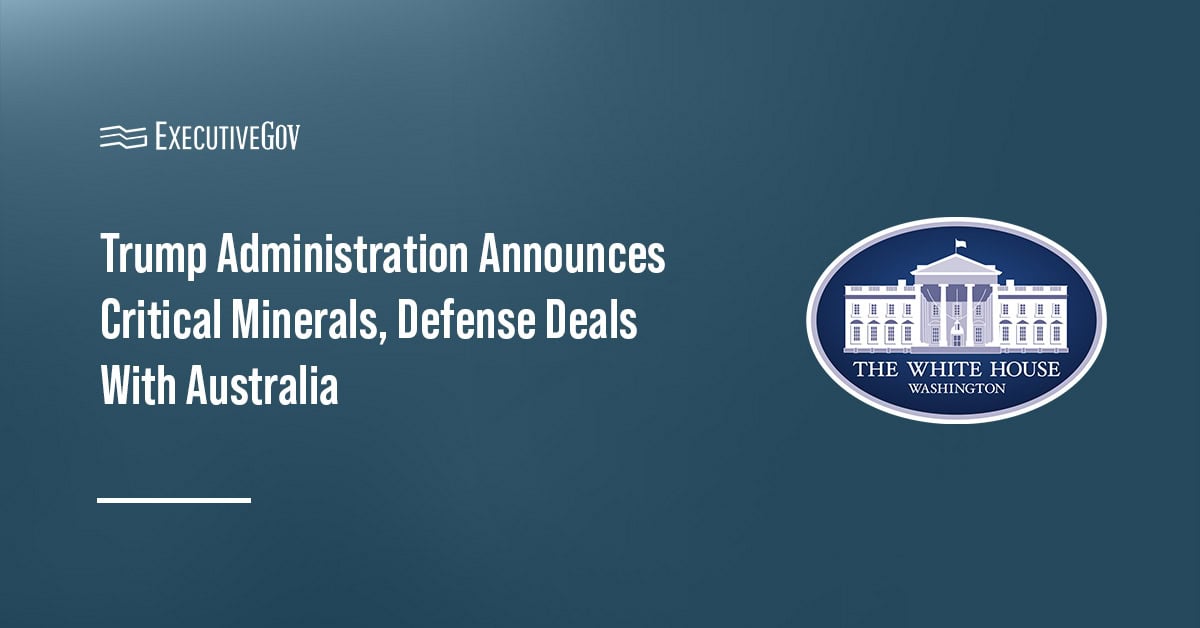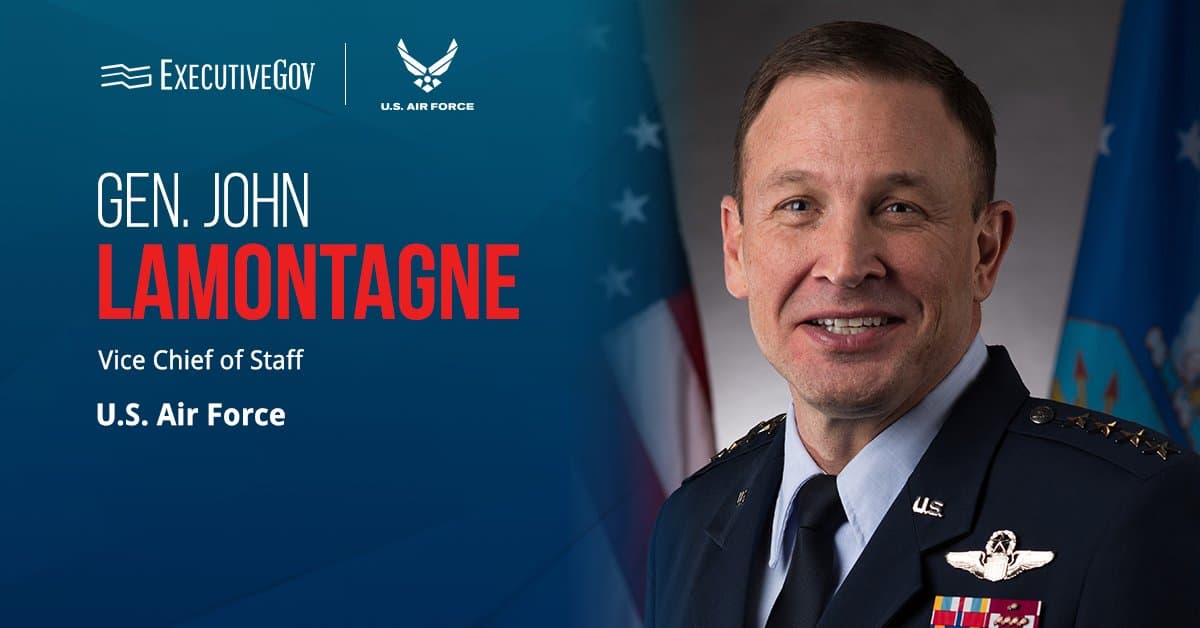The Trump administration announced a series of agreements with Australia to drive innovation, advance defense capabilities and strengthen supply chain cooperation.
Table of Contents
How Will the Critical Minerals Framework Strengthen Supply Chains?
The White House said Monday President Donald Trump and Australian Prime Minister Anthony Albanese signed a Critical Minerals Framework that will unlock more than $3 billion in joint investments over the next six months.
The critical mineral projects, with recoverable resources estimated at $53 billion, are designed to improve supply chain resilience and support global energy security.
The Pentagon will fund the construction of a 100-metric-ton-per-year gallium refinery in Western Australia, aiming to boost self-sufficiency in processing critical minerals.
How Are Defense Investments Reinforcing AUKUS Alliance?
According to the White House, the Australian government is making defense investments to deepen its defense cooperation with the U.S.
Australia has committed to procuring $1.2 billion in Anduril-built unmanned underwater vehicles, $2.6 billion in Apache helicopters, as well as contributing $2 billion to help expand the U.S. submarine industrial base. The country is also investing $2 billion in U.S. companies for its Joint Air Battle Management System and advancing its Guided Weapons and Explosive Ordnance enterprise.
The deals are part of efforts to strengthen the Australia-U.K.-U.S., or AUKUS, trilateral security partnership to help counter future threats.
What Will US-Australia Technology Cooperation Deliver?
To drive innovation, technological leadership and economic growth, Australia’s superannuation funds will reportedly increase investments in the U.S. to $1.44 trillion by 2035, generating tens of thousands of U.S. jobs.
The White House also highlighted progress in other sectors, including expanded market access for U.S. beef exports to Australia and a NASA-Australian Space Agency framework agreement, which will support lunar exploration through the Artemis program.
The agreements also include a Technology Prosperity Deal designed to promote joint investments in artificial intelligence, quantum computing and other critical technologies.





